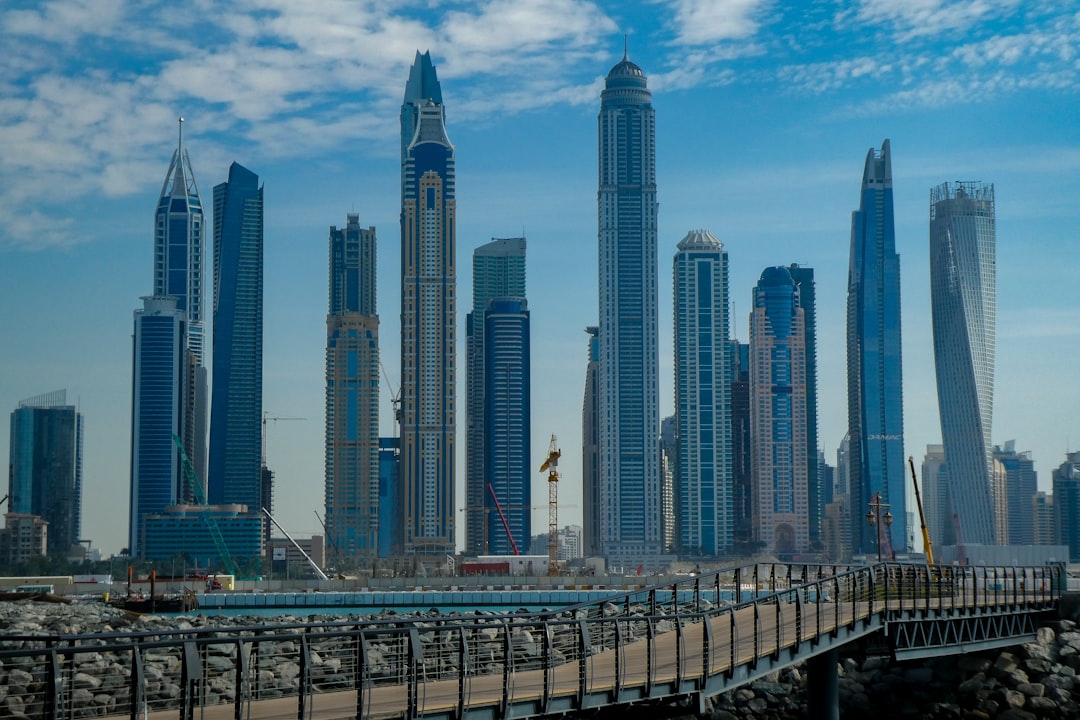– Maximizing the outcomes of the previous summits by attracting investment and expanding economic cooperation –
Deputy Prime Minister Kyungho Choo presided over the Ministerial Meeting on International Economic Affairs and the Korea-UAE Investment Cooperation Committee in Seoul on Friday June 2 to discuss and decide on:
1. Progress of the KOR-UAE investment cooperation;
2. Measures to reinforce the KOR-UAE investment cooperation;
3. Follow-ups to discussions on the economic area in bilateral talks with 12 countries during the Group of Seven (G7) Summit;
4. Negotiation results on the Indo-Pacific Economic Framework for Prosperity (IPEF) Pillar II (Supply Chains) and future plans;
5. Plans to promote negotiations for accession to the Digital Economy Partnership Agreement (DEPA);
6. Plans to promote negotiations on the improvement of the KOR-U.K. Free Trade Agreement (FTA).
The following is a summary of DPM Choo’s opening remarks
Although Korea’s exports in May showed a continuous double digit year-on-year decline (△15.2%) due to a decrease of working days (△1.5 days) and other factors, some positive signs have also emerged.
This May saw exports to China, which have been a major cause of Korea’s sluggish exports, reach a record high so far this year, and Korea’s exports of semiconductors were expanded in spite of its price decrease, leading to an export improvement compared to April.
In addition, exports of automobiles (+49%) and secondary batteries (+7%) including cathode materials have been on the increase.
As a result, Korea’s exports in May improved from April, with daily average exports exceeding 2.4 billion dollars for the first time since October 2022, and these improvements are expected to continue going forward.
< The 2nd Korea-UAE Investment Cooperation Committee >
Korea and the UAE identified investment opportunities worth 2 billion dollars in about four months after the UAE’s 30 billion dollars investment plan for Korea was made public at the Korea-UAE summit in January.
The UAE delegation consisting of seven organizations, including the Mubadala Investment Company, visited Korea last month to discuss measures to strengthen cooperation between the two countries and had meetings with interested Korean companies.
The two countries selected six priority areas for investment, which are energy, ICT, agricultural technology, biotechnology, aerospace and K-culture and will expand investment opportunities to more diverse fields and companies in the years ahead.
As the foundation of the UAE’s investment to Korea was established with its first step taken in earnest, the government will further boost investment cooperation between the two countries by holding high-level dialogues such as the Korea-UAE Economic Joint Committee so that the inflow of the UAE’s investment funds into Korea can be accelerated.
< The 234th Ministerial Meeting on International Economic Affairs >
1. Follow-ups to discussions on the economic area in bilateral talks with 12 countries during the Group of Seven (G7) Summit
In order to expand human resource exchanges with Japan, the government will increase the number of flights between the two countries up to 1,000 a week by the peak summer season. In addition, the government will promote supply chain cooperation with Japan by establishing and restoring dialogue channels on semiconductors, energy, and science and technology. Furthermore, a cooperative mechanism will be established between organizations of the two countries within this year for the joint entry of both countries’ businesses into the third countries.
With the major countries in the Indo-Pacific region such as Indonesia, Vietnam, Australia and Canada, the government will begin full-fledged cooperation on development, investment and research in relation to key minerals.
In terms of cooperation with the EU, the government will launch ‘a supply chain and industrial policy dialogue’ within this year to strengthen communication channels on the EU’s supply chain and environmental legislations. The government also commits to materialize cooperation on the digital and high-tech area by launching a Korea-EU digital partnership council in June.
In regard to Ukraine, humanitarian and economic supports will be provided in an expeditious manner such as supplying equipment and goods, along with the prompt entry into force of the EDCF (Economic Development Cooperation Fund) loan agreement.
2. Negotiation results on the Indo-Pacific Economic Framework for Prosperity (IPEF) Pillar II (Supply Chains) and future plans
Among the four pillars of IPEF, the second pillar – Supply Chains was concluded on May 27, in about a year after its launch.
As the first multilateral international agreement in the supply chain sector, which includes the establishment of a joint crisis response network between the member states, is set to strengthen the foundation for international cooperation, supply chain risks that the Korean economy faces are expected to be further eased.
3. Plans to promote negotiations for accession to the Digital Economy Partnership Agreement (DEPA)
Negotiations on Korea’s accession to the first multilateral digital economy agreement, the Digital Economy Partnership Agreement (DEPA), will be finalized in June after more than two years of talks.
With this agreement in place, the government will strive to lead discussions on digital trade norms to expand the export base of Korean companies, including e-commerce platforms, K-content, and services.
4. Plans to promote negotiations on the improvement of the Korea-U.K. FTA
The government will complete necessary domestic procedures including reporting to the National Assembly for the launch of negotiations to improve the Korea-UK FTA in June, and push for negotiations on the areas of interest from both sides with priority, such as digital and country of origin.
[ad_]
Source: Ministry of Economy & Finance, Republic of Korea (Source)


Comments